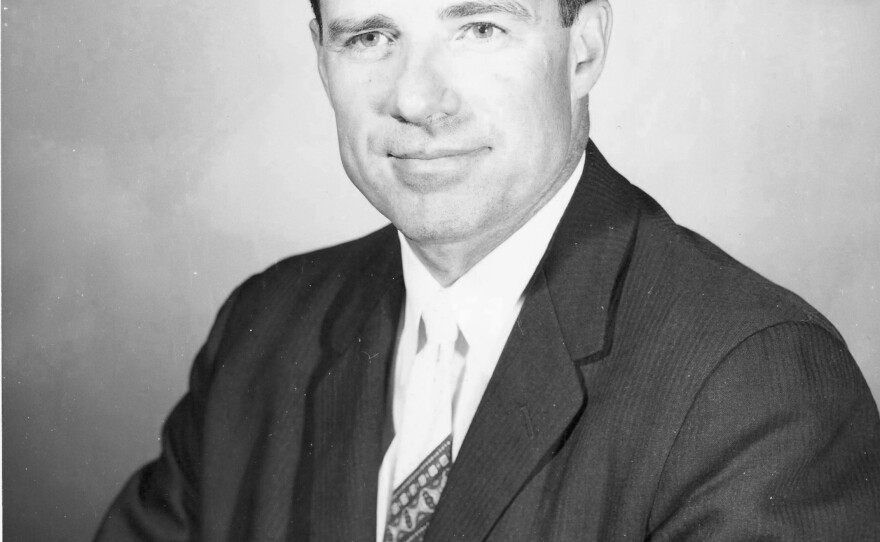A forthcoming book explores the tumultuous history of this first-in-the-nation state-run lottery. Approval for the lottery followed a bitter fight, with opponents warning it could lead to Communism and racketeering. Now, fifty years later, lotteries are in forty-three states. Still, controversy remains over whether this is the best way to raise revenue.
Little-known facts about the lottery:
- The first lottery was not a numbers draw or a scratch ticket, but a horse race: the N.H. Sweepstakes. Tickets were $3, for the chance at a grand prize of $100,000.
- Critics worried that a lottery would cause racketeering and communism.
- The Justice Department, the Post Office, the FCC, the Catholic Church, and the press all tried to obstruct New Hampshire’s lottery.
- The first director of the N.H. Sweepstakes, Ed Powers, was formerly a celebrated FBI agent.
- Before lotteries fell out of favor in the 1890's due to widespread corruption, they had a long history of being used to finance public projects including: the Great Wall of China, Roman aqueducts, the Jamestown colony, N.H.'s Portsmouth Harbor, covered bridges, and Route 25, and Dartmouth, Harvard, Yale, Princeton, and Penn.
- A Gallup Poll found that 57% of Americans purchase lottery tickets each year, and 21% of those "strongly opposed" to gambling admit to having bought a lottery ticket.
GUEST:
- Kevin Flynn – an award-winning broadcast journalist and the author of four nonfiction books. His upcoming book, "All of King's Horses: How N.H. fought the Feds, the Mob, the Church, the Media, and Itself to Start the First Lottery," follows the start of the New Hampshire lottery, the first state-run lottery in U.S.
Historic footage from 1964 showing the Lottery’s first sales and the first ever Lottery drawing:










